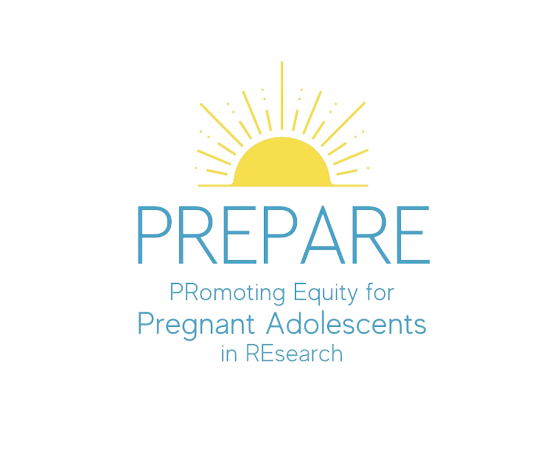A multi-year project funded by the u.s. national institutes of health
Led by investigators at three major U.S. universities, PHASES (Pregnancy & HIV/AIDS: Seeking Equitable Study) seeks ethical solutions to advance research at the intersection of women’s reproduction and HIV prevention, treatment, and management.
Introduction
Pregnancy and HIV/AIDS: Seeking Equitable Study (PHASES) is an interdisciplinary, research-driven project funded through the U.S. National Institute of Allergy and Infectious Diseases of the National Institutes of Health (R01AI108368).
The PHASES Project is led by Dr. Anne Drapkin Lyerly, MD, MA, Principal Investigator (University of North Carolina at Chapel Hill), and co-Principal Investigators, Dr. Maggie Little, BPhil, PhD (Georgetown University) and Dr. Ruth Faden, PhD, MPH (Johns Hopkins University).
Along with the Project Director, Dr. Kristen Sullivan, PhD, MSW, MBA, MA, and collaborating with research partners in Malawi, Botswana, and the United States, the multi-institutional team conducted the empirical and conceptual research to inform the development of the Guidance, convened the PHASES Working Group, and directed the Guidance development process.
The PHASES Working Group, assembled in 2017, is composed of 26 international leaders in diverse fields, including HIV/AIDS and infectious disease, advocacy for women living with HIV, bioethics, law, public health, maternal and fetal medicine, obstetrics, pediatrics, and epidemiology. With multidisciplinary representation from southern and eastern Africa, Europe, Canada, and the United States, the Working Group was charged with authoring the PHASES Guidance together with the PHASES Project team.
Goals and geographic scope
With a particular focus on the United States and southern Africa, specifically Botswana, Malawi, and South Africa, the ultimate goal of the PHASES Project is to develop concrete, engagement-driven guidance for conducting HIV research in pregnancy that is responsive to identified priority areas, barriers, and opportunities.
While we believe this Guidance has the potential for widespread applicability, it is our substantial engagement in these contexts through empirical research, consultations, and collaborative partnerships that have directly informed its development and therefore grounds the contexts where the Guidance may be most applicable.
Objectives and approach
Since the project’s initiation in 2013, PHASES has prioritized deep engagement with the HIV research community as well as with affected women to develop a robust appreciation of the priorities and factors influencing the HIV research landscape and to capture a diversity of perspectives from a range of key stakeholders. Engagement with these groups has been critical to the development of responsive, concrete, and actionable ethics guidance.
In service of advancing ethical research and developing the Guidance, the project’s five objectives are to:
Identify priority evidence gaps for biomedical research addressing pregnant women in the prevention and treatment of HIV and co-infections.
Characterize the perceived barriers to and opportunities for including pregnant women and women who may become pregnant in HIV and co-infection biomedical research.
Characterize reasoning around participation in such studies from the viewpoints of affected women.
Conduct ethical and legal analyses of conditions for responsible HIV and co-infection biomedical research with pregnant women and women who may become pregnant.
Develop concrete, engagement-driven guidance for biomedical HIV and co-infection research in pregnancy that is responsive to the identified priority areas and viewpoints of key stakeholders.





